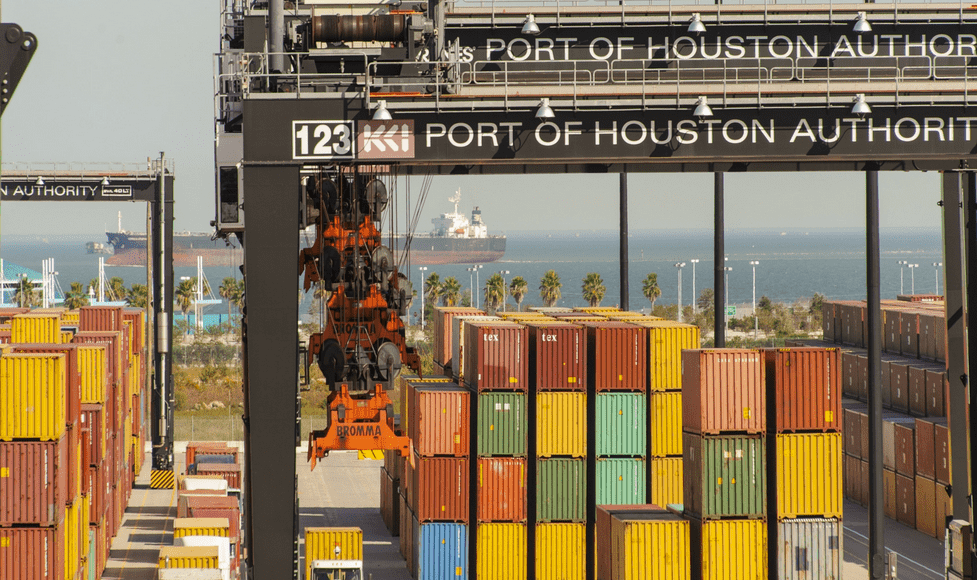
Long-term procurement decisions from the US solar industry could support US solar manufacturing, regardless of changes to federal tax credits, PV Tech has heard.
According to MJ Shiao, vice president of supply chain & manufacturing at the American Clean Power (ACP) Association, the US industry “should be thinking about our projects and companies in terms of years and decades, not necessarily project-by-project”.
Try Premium for just $1
- Full premium access for the first month at only $1
- Converts to an annual rate after 30 days unless cancelled
- Cancel anytime during the trial period
Premium Benefits
- Expert industry analysis and interviews
- Digital access to PV Tech Power journal
- Exclusive event discounts
Or get the full Premium subscription right away
Or continue reading this article for free
In an exclusive interview for PV Tech Premium, Shiao said that the “complicated” web of trade barriers facing the US industry should push developers and module buyers to plan long-term supply deals based on security, rather than just price.
Hurdles for US solar supply, including “reciprocal” tariffs, antidumping and countervailing duty (AD/CVD) levies, the Uyghur Forced Labor Prevention Act (UFLPA) and new Foreign Entity of Concern (FEOC) restrictions, have brought renewed uncertainty into the industry.
Shiao speculated that more considered procurement plans from developers could ultimately support US solar manufacturing, which has been hit hard by the White House’s policy changes over the last few months.
He said that during previous supply constraints, there were developers who took a small hit on project-by-project economics, but still secured projects and built robust pipelines.
“I think the more those [long-term] questions and factors can be put into the decision-making process for procurement, the better our industry is going to be in terms of long-term outlook,” he said.
The US solar manufacturing industry is tied to the domestic US market. There is little case to export US-made solar products as they are more expensive than any other products on the global market.
However, with the removal of tax credits, it is uncertain whether US project developers will see the benefits of buying US products, even with the threat of tariffs. PV Tech Premium heard last month that developers may ultimately have to weigh up the cost of tariffed imports against domestic products without tax credits in order to keep project costs down.
For Shiao, saving “half a penny per watt” on imported products, but running the risk of supply chain disruptions and project delays, is not worth it.
Moreover, he said that growing electricity demand could be a driver of US manufacturing, if the market thinks long-term.
“If we see the robust solar deployment market that we should see, and that we need in order to meet energy demand in the future, then I think American manufacturing will become a much larger part of that, regardless of what’s happening in the tax credit environment,” he said. Read our full interview with MJ Shiao here (subscription required).






